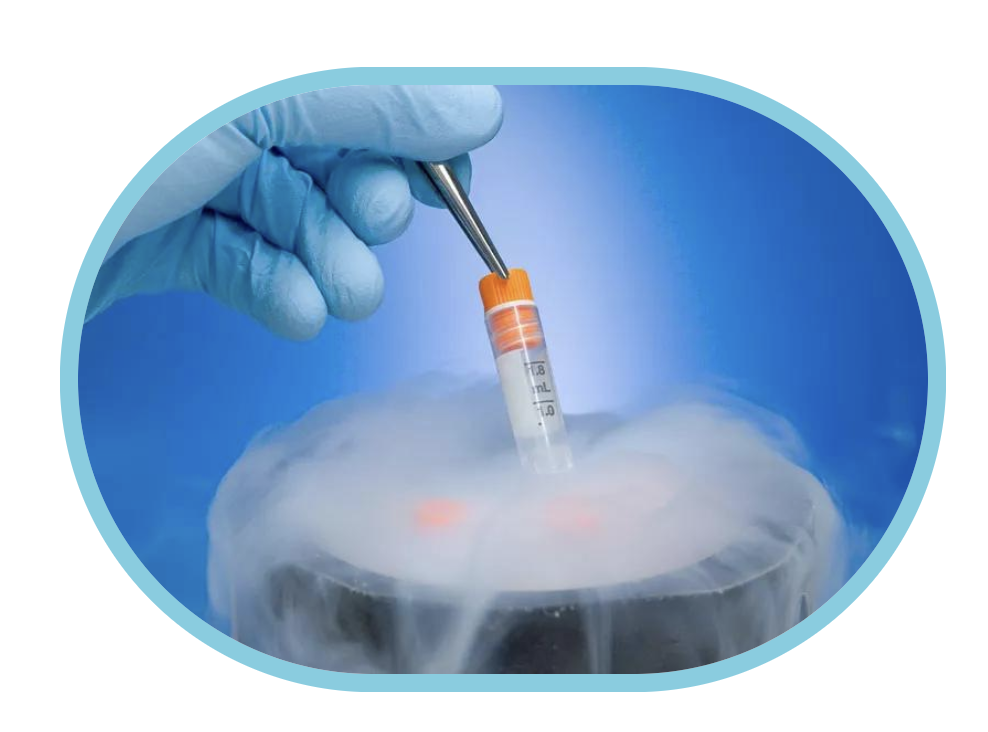
 Egg freezing, also known as oocyte cryopreservation, is when a woman’s eggs are collected, frozen, and stored to help preserve her ability to have children later on.
Egg freezing, also known as oocyte cryopreservation, is when a woman’s eggs are collected, frozen, and stored to help preserve her ability to have children later on.
The first recorded birth from a frozen egg happened back in 1986. Over the years, the process has really improved, with better techniques that help more eggs survive freezing.
Now, the American Society for Reproductive Medicine does not even consider it an experimental procedure anymore. Thanks to these advancements, women now have much more control over their reproductive choices than they did just a few years ago.
Namely, by extracting and storing your eggs, you can really improve your chances of conceiving down the line. This could be especially important if you are going through medical treatments like chemotherapy, tackling severe endometriosis, undergoing gender affirming surgery, or managing a health condition like an autoimmune disease that could affect your fertility.
Who Is Eligible for Egg Freezing?
Deciding whether to freeze your eggs really depends on a few key factors, so it is best to talk it over with your doctor. For example, if you have cancer, your ability to freeze eggs might vary depending on the type of cancer and how soon you can start treatment.
A major factor for many women is their age, often referred to as the “biological clock.” As you get older, the quantity and quality of your eggs decline, especially after you hit 37. By the time you reach 43, around 90% of your eggs may not be viable for pregnancy.
So, if you freeze your eggs before turning 40, you are more likely to be successful in the future. However, freezing eggs after 40 is usually discouraged, although exceptions can be made based on individual circumstances.
The Process of Egg Freezing
Egg freezing might sound complicated, but it is actually a very simple process! In fact, it is the same process as in vitro fertilization, with the only difference being that after retrieving the eggs, they are frozen instead of being fertilized.
Here is what you can expect if you decide to go through with it:
Egg freezing has become quite common among women. Many decide to go through the procedure for many reasons because this is a way to ensure their future. So, if you are considering becoming a mom one day, this may help you plan ahead.
3627 University Blvd. South Suite 450.
Jacksonville, FL32216
Ph 904.398.1473
Fx 904.399.3436
©2024 | Assisted Fertility Program.
ADA Notice